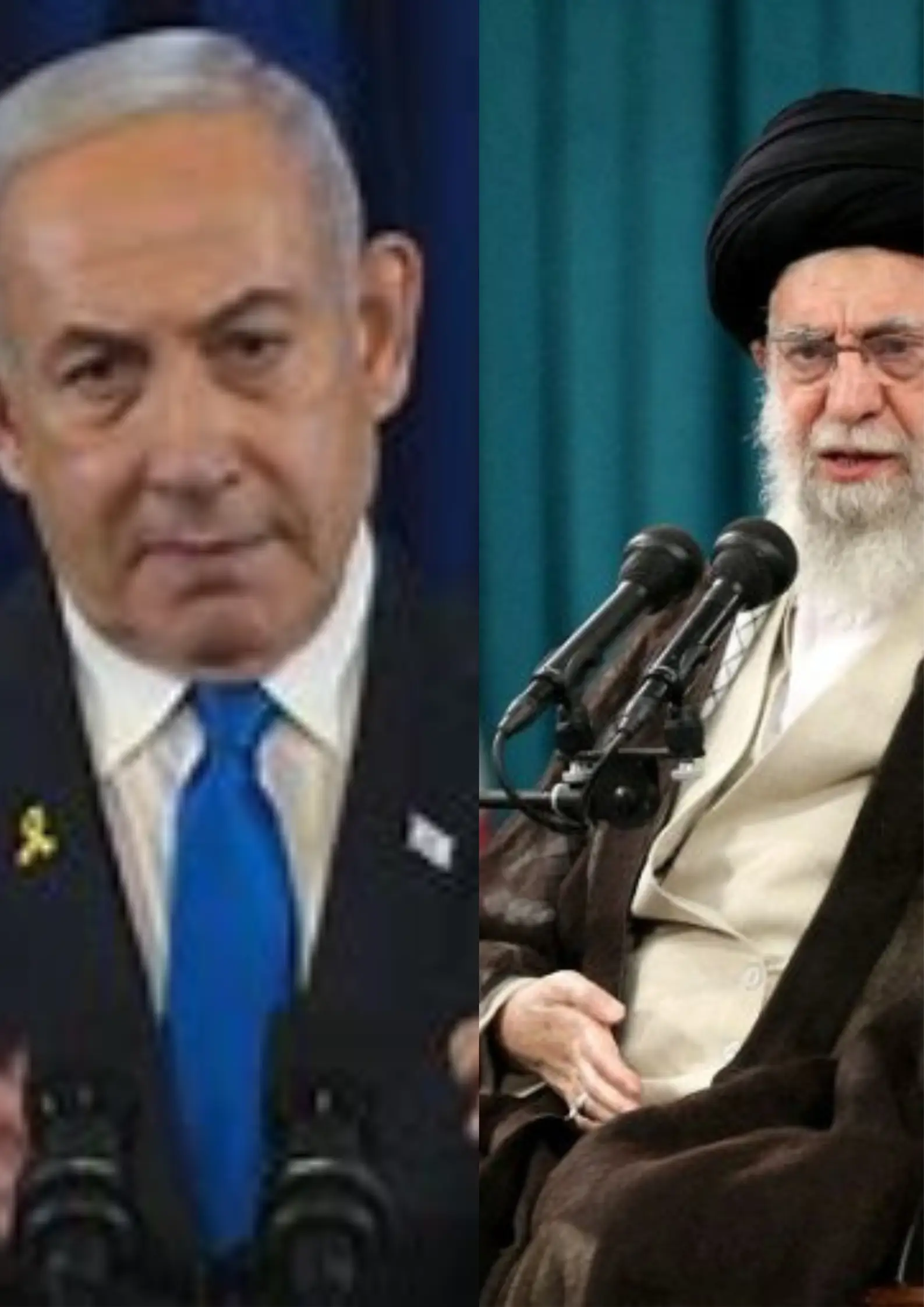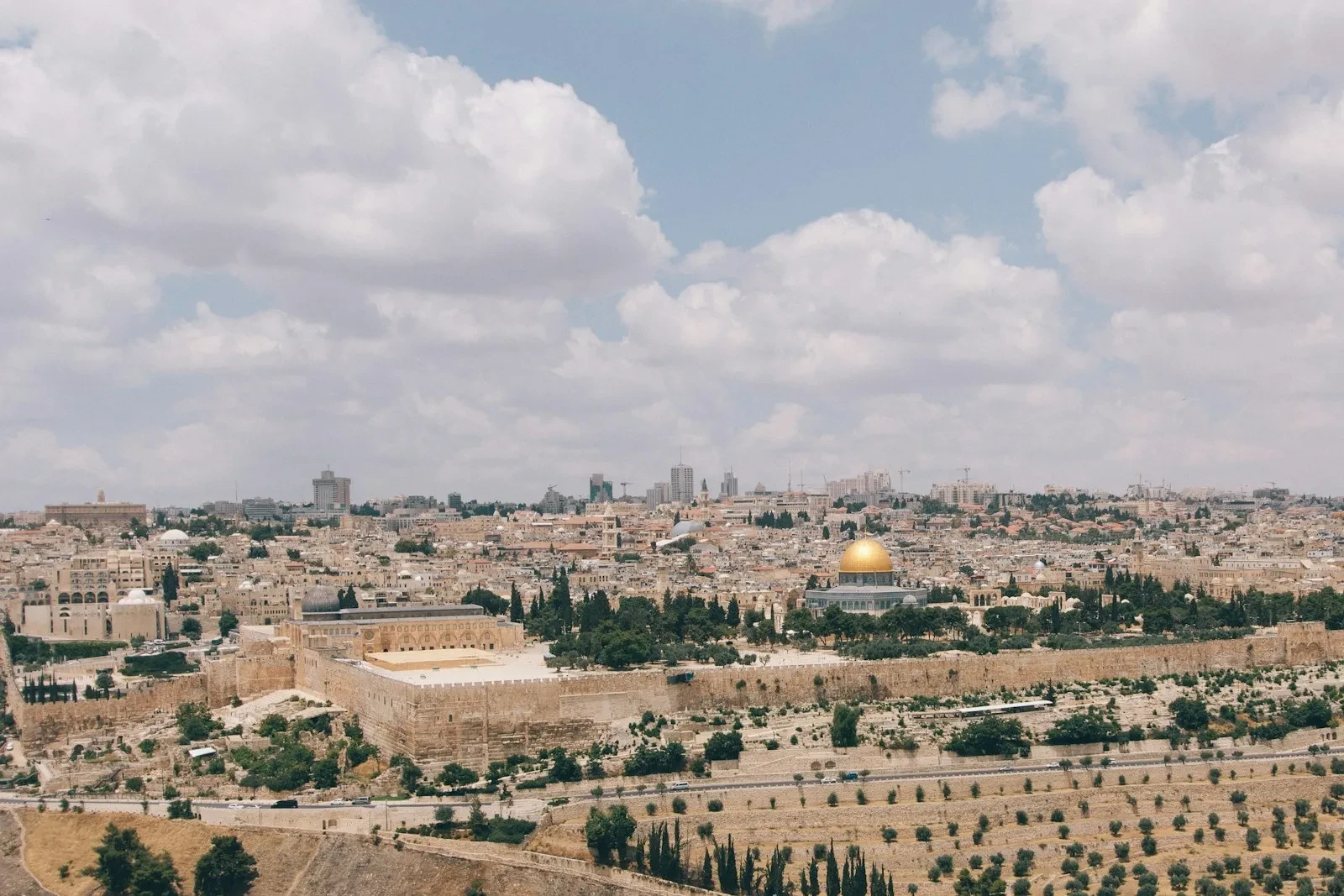jlk – As in a never-ending trilogy novel, the relationship between Iran and Israel continues to be marked by tension and conflict. These two countries seem to act as eternal enemies, constantly watching each other’s every move.
The assassination of Ismail Haniyeh, an important Hamas figure, recently added a new chapter to a decades-long enmity. How does this incident affect the relationship between the two countries and the region’s stability?
The Assassination of Ismail Haniyeh
In late July 2024, Ismail Haniyeh, the head of Hamas’s political bureau, was killed in an attack in Tehran. According to reports, the attack was carried out using a short-range projectile that caused a large explosion.
Iran accuses Israel of being behind the assassination, with support from the United States. Haniyeh was in Iran to attend the inauguration of Iran’s new President, Masoud Pezeshkian, and was killed alongside his guards.
This assassination prompted a strong response from Iran. Ayatollah Ali Khamenei, Iran’s supreme leader, promised a commensurate response to Israel.
Iran considers this attack a serious violation of its sovereignty and an insult to its diplomatic relations with allied countries in the Middle East.
Response and Potential Escalation
Haniyeh’s assassination worsens the already tense relationship between Iran and Israel. For a long time, Iran has supported resistance groups like Hamas and Hezbollah, which often conflict with Israel.
This attack demonstrates how far Israel is willing to go to target key figures it sees as threats.
This action raises concerns about the possibility of further escalation. Iran, known for using proxies to launch attacks, may consider retaliation options through Hezbollah or other groups in the region.
The risk of direct confrontation between Iran and Israel increases, which could trigger a wider regional war if not managed well.
Regional and International Implications
This situation also impacts regional dynamics and international relations. The United States, seen as supporting Israel, has sent warships and fighter jets to the region to show its support.
This move underscores the U.S. position as a key ally of Israel but also adds tension with Iran.
At the regional level, countries like Saudi Arabia and the United Arab Emirates are closely monitoring this situation.
Although traditionally they have had cold relations with Israel, concerns over Iran’s influence often put them on the same side in many security issues.
However, Israel’s bold actions could impact diplomatic relations and the balance of power in the region.
Challenges of Diplomacy
While this conflict appears to be heating up, a diplomatic solution remains the best option to prevent further escalation. Several countries and international organizations have called for Iran to show restraint.
However, achieving lasting peace will require more than just calls; it will need serious and comprehensive diplomatic efforts from all parties involved.
One of the biggest challenges is building trust between Iran and Israel, which currently seems out of reach.
Constructive dialogue needs to be facilitated by a neutral third party, aiming to create security mechanisms acceptable to both parties.
Conclusion
The tension between Iran and Israel continues to test regional stability and poses a challenge to international diplomacy. The assassination of Ismail Haniyeh is an example of how unilateral actions can trigger a dangerous chain reaction.
The world can only hope that these two countries can find a path to dialogue and peace before this conflict becomes too large to control.
As in any good drama, this tension requires a resolution that not only satisfies one side but brings positive change for all involved. In the real world, this means prioritizing dialogue and cooperation over hatred and violence.












